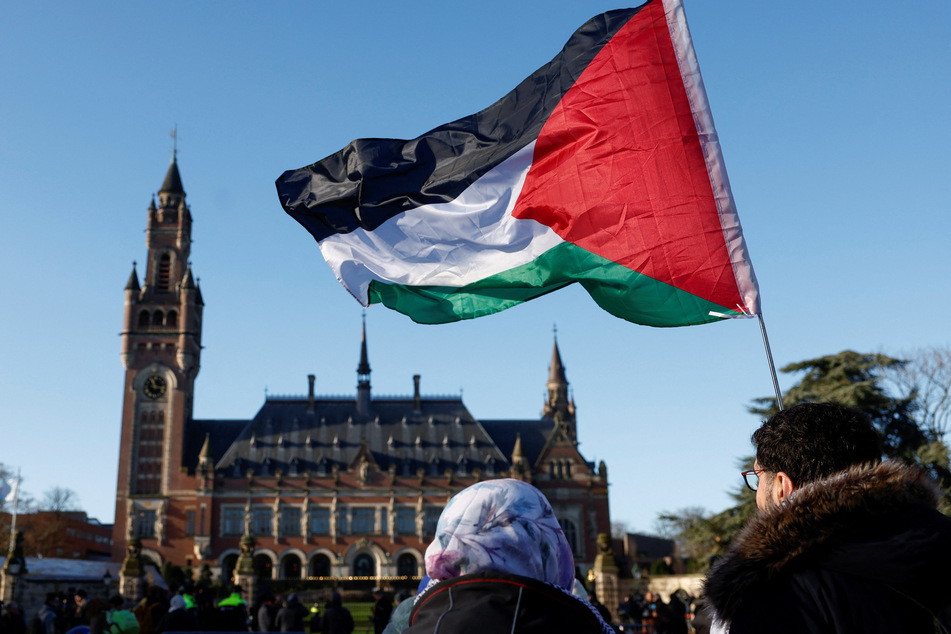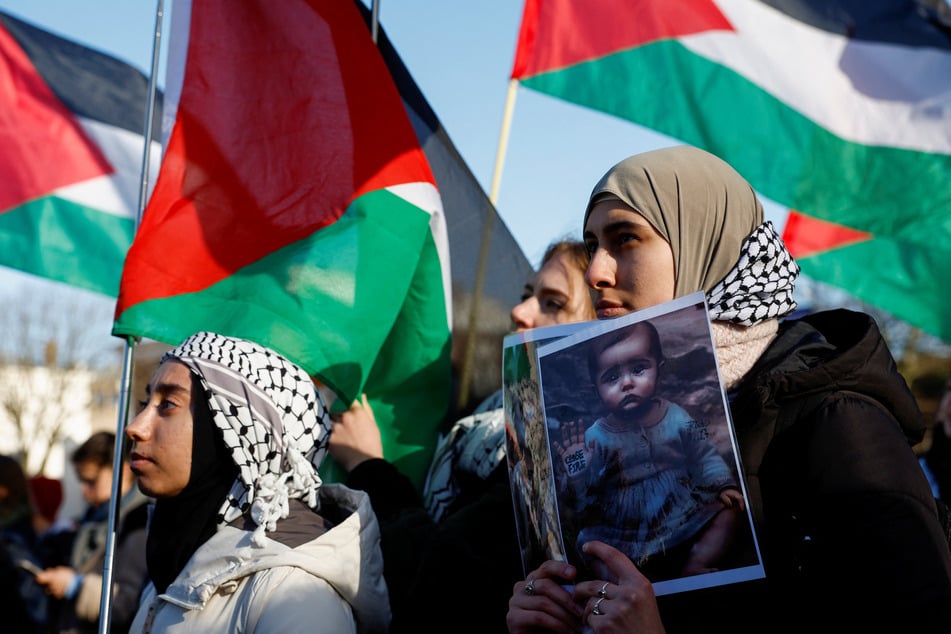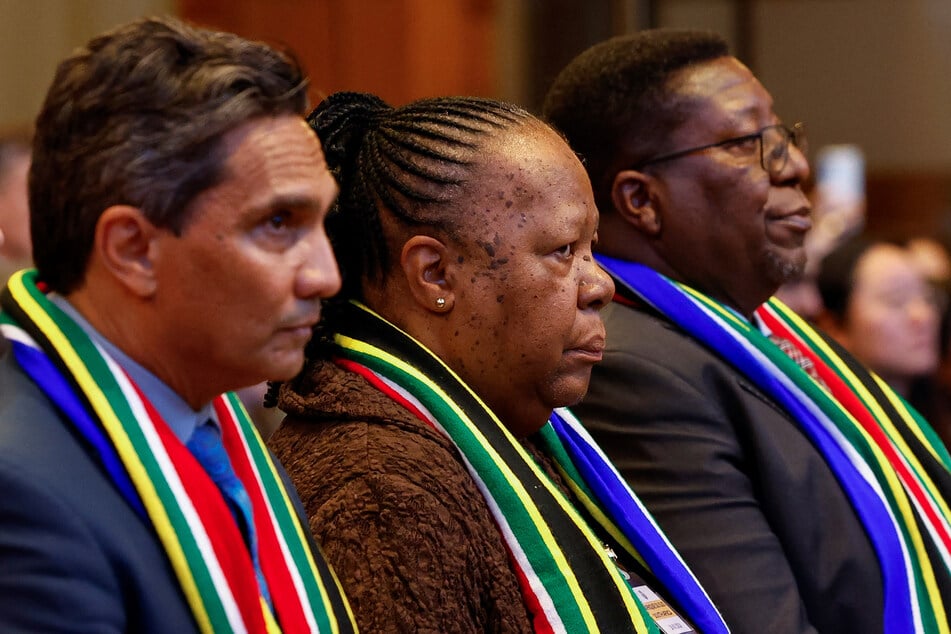International Court of Justice issues provisional measures against Israel in historic genocide case
The Hague, Netherlands - The International Court of Justice on Friday ruled that Israel has a case to answer in the genocide proceedings brought by South Africa, and issued provisional measures to protect Palestinian lives in Gaza.

In a devastating legal and reputational blow to Israel, Judge Joan E. Donoghue, president of the ICJ, read out the historic ruling in which at least some of Israel's actions in Gaza since the October 7 Hamas attack were found to plausibly fall within the scope of the 1948 Genocide Convention.
The UN's top court sided with South Africa on nearly all counts, refusing to toss out the case on procedural or jurisdictional grounds, and determining that Palestinians – as "a national, ethnical, racial, or religious group" – are currently at risk of irreparable harm in Gaza due to Israel's assault and the conditions it creates.
The provisional measures indicated by the ICJ include ordering Israel to "take all measures within its power to prevent" genocidal acts that fall under the scope of the Genocide Convention, as well as punish any incitement to genocide.
This does not, however, amount to implementation of a full ceasefire in Gaza.
What do the ICJ's provisional measures order Israel to do?

Although the court did not order Israel to "immediately suspend its military operations in and against Gaza," as South Africa had requested in the case filed last December, it did rule that some of Israel's actions, as well as statements by high-profile figures, could potentially be in breach of the Genocide Convention.
As a result, Israel must stop killing Palestinians, causing them serious bodily or mental harm, inflicting unlivable conditions on them, and imposing measures that prevent births.
Comments made by Israeli Defense Minister Yoav Gallant and Israeli President Isaac Herzog were also found to plausibly constitute public incitement to genocide – something that a second provisional measure orders Israel to prevent and punish.
While a full verdict in the case will take years to come about, provisional measures are meant to address situations in the which the risk of "irreparable damage" to populations is imminent, making it a matter of urgency to prevent circumstances deteriorating even more.
Given the death toll (over 26,000 people killed), large-scale destruction and displacement, as well as the "catastrophic" humanitarian conditions in Gaza, that urgency is what the ICJ acknowledged on Friday.
Israel was also instructed to facilitate humanitarian aid – deemed insufficient to prevent the imminent risk of harm – and produce within a month a report detailing all measures it has taken to comply.
Reactions to the ICJ ruling

In a video released after the ruling, Israeli Prime Minister Benjamin Netanyahu again slammed South Africa's case as "outrageous" and said his country "will continue this war until absolute victory."
Netanyahu's extreme-right Security Minister Itamar Ben-Gvir, meanwhile, reacted mockingly with a post on X, writing: "Hague Shmague."
The Palestinian foreign ministry, meanwhile, said the development was an "important reminder that no state is above the law."
South Africa, whose intervention was lauded by human rights organizations and Palestinian advocates around the world, called it "a decisive victory for the international rule of law and a significant milestone in the search for justice for the Palestinian people."
With further legal cases against Israel and its supporters – including the Biden administration – pending or being prepared, the ICS's ruling is expected to have important ramifications far beyond the provisional measures ordered.
Cover photo: REUTERS

